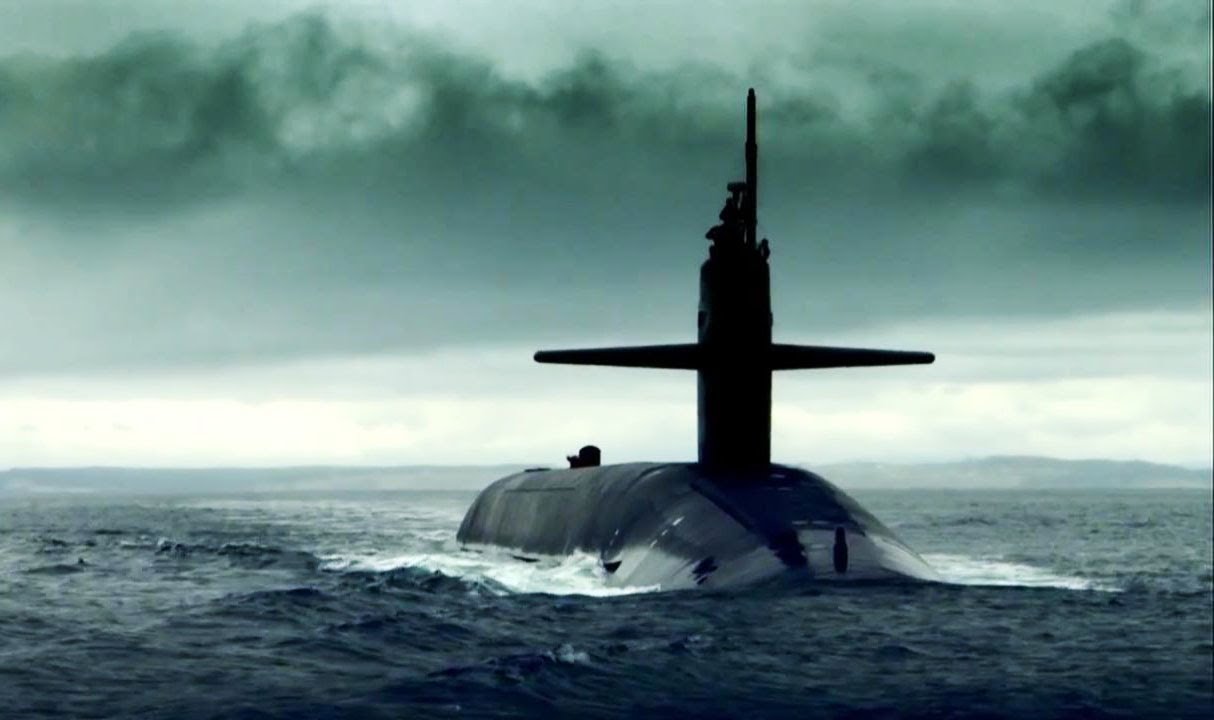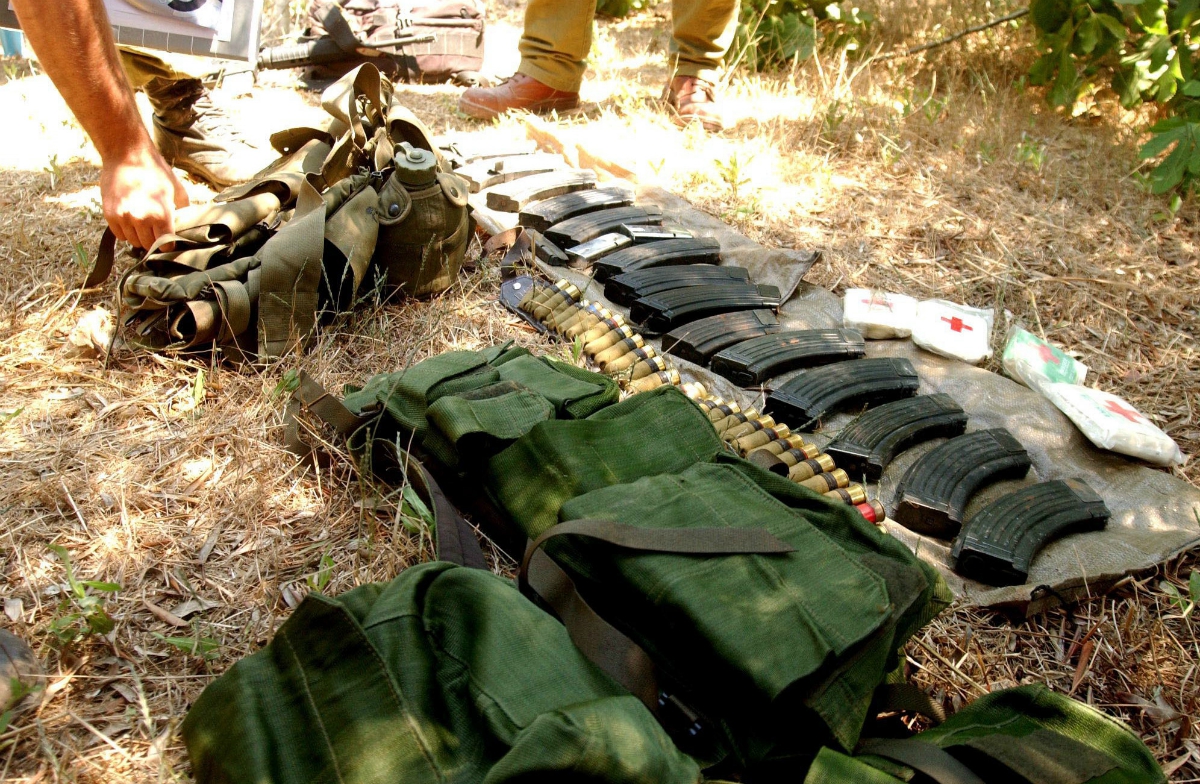 Parler
Parler Gab
Gab
USS Helena more than a match for Russian naval vessels
The USS Helena (SSN-725), a Los Angeles-class nuclear-powered attack submarine, has been serving the U.S. Navy since July 11, 1987. Named after the city of Helena, Montana, the USS Helena measures 360 feet in length and 33 feet in beam width, with a draft of approximately 32 feet. Powered by a single S6G nuclear reactor, the USS Helena operates two steam turbines and a single shaft, allowing it to achieve submerged speeds of over 25 knots, or 28 miles per hour. The submarine is manned by a dedicated crew of around 140, comprising both officers and enlisted sailors who manage and maintain its complex systems to ensure it remains mission-ready. The USS Helena is equipped with advanced sonar arrays for underwater detection, sophisticated navigation systems for precise positioning, electronic warfare systems for defense and robust communication systems for maintaining contact with other naval units and command centers. In terms of armament, the submarine is formidable. It features 12 vertical launch system tubes for Tomahawk cruise missiles and four 21-inch torpedo tubes capable of firing Mk-48 torpedoes, suitable for both anti-submarine and anti-surface warfare. The nuclear propulsion system grants the USS Helena virtually unlimited operational range, enabling it to remain submerged and operational for extended periods without the need for refueling. However, factors such as food supplies and the physical and mental well-being of the crew ultimately determine the limits of its endurance. Visit WWIII.news for more stories like this. Watch this video about Russian nuclear warships in Cuba. This video is from The Prisoner channel on Brighteon.com.More related stories:
World War III is now inevitable – here's why it can't be avoided. All of a sudden, leaders all over the world are warning that World War III is very close. Prominent leaders and personalities all over the world are warning that World War III is coming. Sources include: RT.com BulgarianMilitary.com Brighteon.comFinland to provide bird flu vaccinations to workers exposed to animals
By Laura Harris // Share
Trudeau gov’t to make all bathrooms in Parliament buildings GENDER-NEUTRAL
By Laura Harris // Share
Hungary hops off “NATO Train,” calls West’s escalation of war in Ukraine “hopeless”
By Ethan Huff // Share
Governments continue to obscure COVID-19 vaccine data amid rising concerns over excess deaths
By patricklewis // Share
Tech giant Microsoft backs EXTINCTION with its support of carbon capture programs
By ramontomeydw // Share
Germany to resume arms exports to Israel despite repeated ceasefire violations
By isabelle // Share










